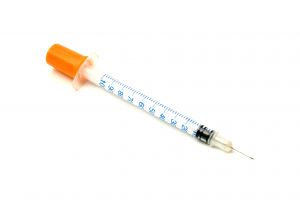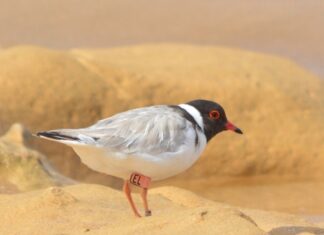By NOEL MURPHY
ALL athletes are treated as suspects, a year after the Essendon AFL doping scandal erupted, says Deakin University law lecturer Martin Hardie.
Mr Hardie rejected claims Essendon’s program was illegal, describing it as “in fact well documented and controlled”.
But “whatever the rights and wrongs” of what happened at Essendon, he said there was no doubt the Australian Sport Anti-Doping Authority, and a number of other senior sporting administrators, acted in “the sort of high–handed way that alienates sports people”.
“We need to have sports people inside the tent, genuinely co-operating and providing information in an environment that supports them, rather than just seeks to punish them, first with the penalties, and then with the opprobrium of being publicly labelled a cheat,” Mr Hardie said.
“Until we do that, they will be outside the tent, and just providing samples in.”
Mr Hardie said that “at the moment all athletes are just treated as suspects”.
“There is little or no attempt to bring them into the process, except for being rudely awaken at dawn to give a sample by some over-zealous bureaucracy,” he said.
“Until anti-doping offers athletes something more than being the objects of a global surveillance and policing operation it is unlikely that athletes will feel that they have a stake in the process.
“If you treat athletes as the enemy, as potential criminals, as always being stuck somewhere between the Kafkaesque states of apparent acquittal and indefinite postponement, it should not be very surprising that they are not inclined to sit down and tell the policeman everything they know.”
Hardie noted the appointment on Monday by the Federal Government of retired Justice Garry Downes to look into ASADA’s handling of the cases involving Essendon and Cronulla-Sutherland.
“Justice Downes is a fine administrative lawyer and his appointment should be well received by those that have had concerns about the manner in which ASADA has conducted the investigations,” he said.
“Someone had to have a look at the way ASADA has handled the situation, and the manner in which they cosied up to the AFL.
“There were times when ASADA was operating outside the terms of its own Act and powers. In the Essendon case this led to the charade of the so called AFL Commission hearing.”







